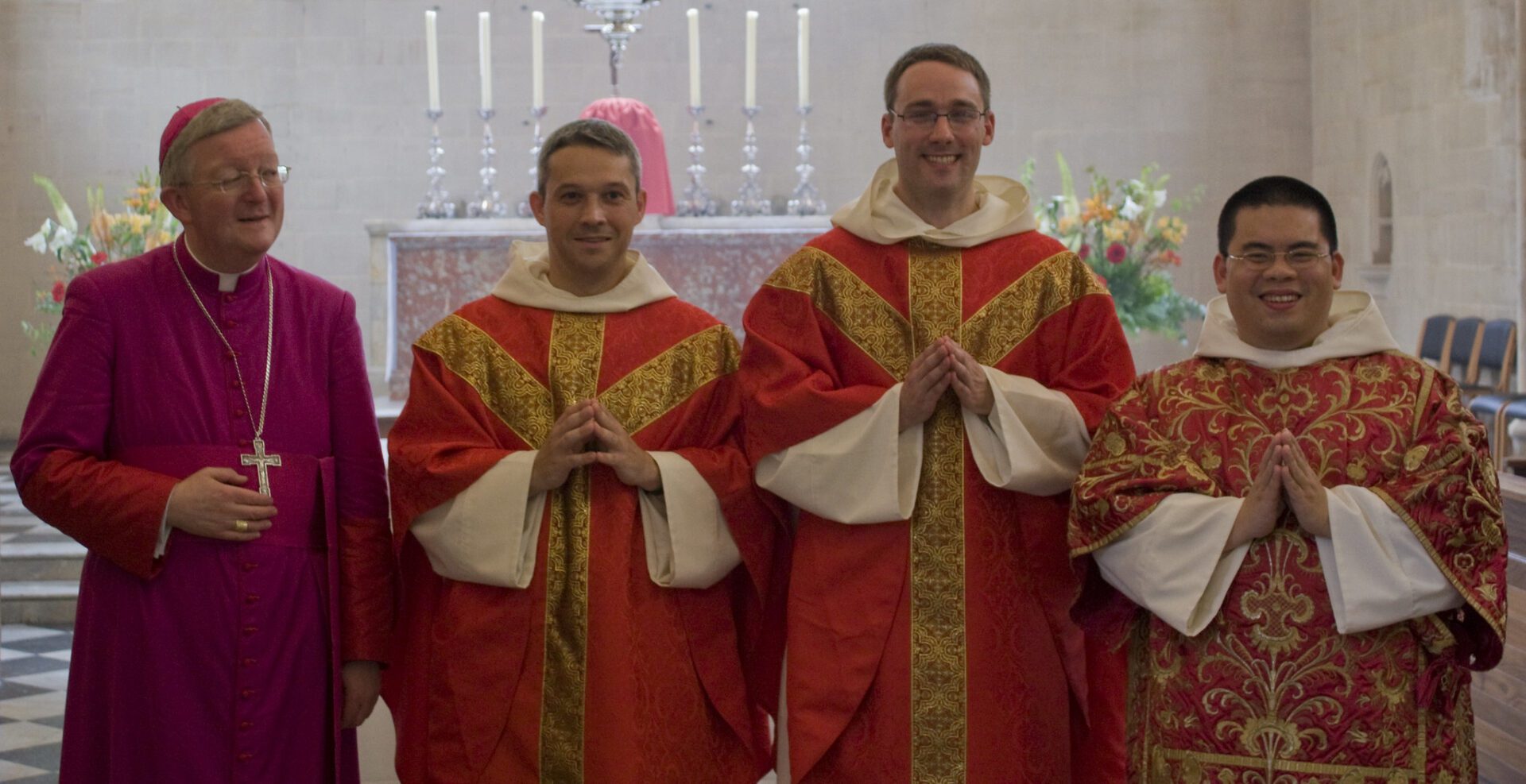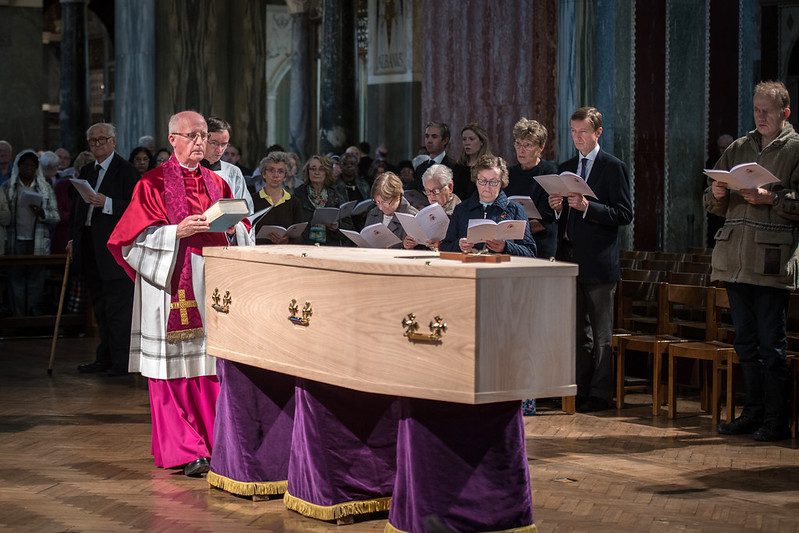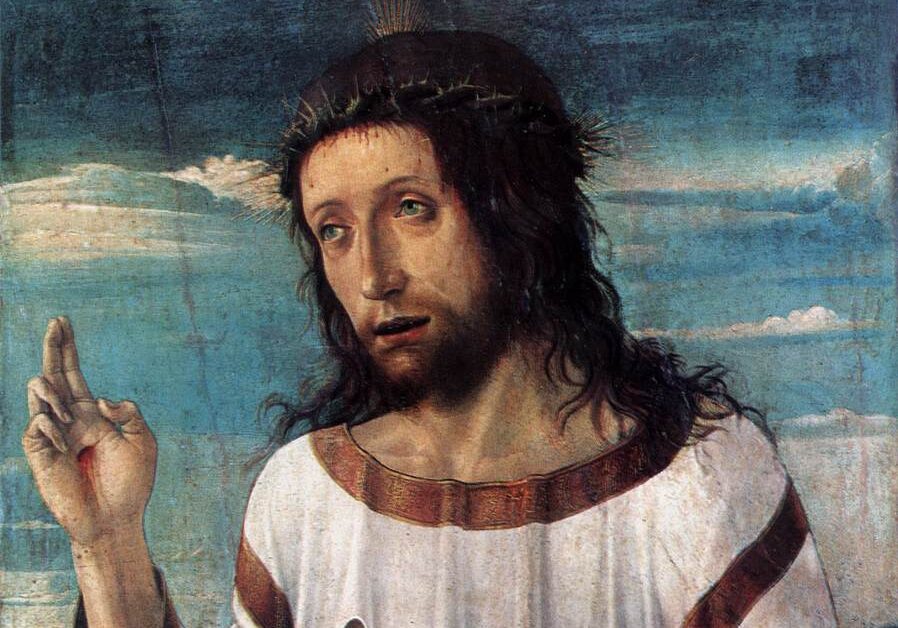The new analysis of a study that claims to be the largest national survey of Catholic priests conducted in more than 50 years has found, among other things, that priests describing themselves as “progressive” are practically going “extinct” among U.S. seminary graduates, with the vast majority of young ordinands describing themselves as conservative and orthodox.
Conducted by The Catholic Project, a research group at The Catholic University of America in Washington, D.C., the newest release focuses on polarization, generational dynamics, and the ongoing impact of the sexual abuse crisis.
Part 1 of the survey, released last October, found that despite relatively high levels of personal well-being and fulfillment among priests as a whole, a significant percentage of priests have issues with burnout, distrust in their bishop, and fears of being falsely accused of misconduct.
The new November report highlights “several themes which have emerged from closer analysis of the quantitative data, as well as careful study of the qualitative data collected from the one-on-one interviews with priests.” The study used survey responses from 3,516 priests across 191 dioceses and eparchies in the United States.
Of note, the researchers assert that self-described “liberal” or “progressive” priests have all but disappeared from the youngest cohorts of priests and that priests describing themselves as “conservative/orthodox” reached more than 80% among those ordained after 2020.
The new analysis also found that diocesan size has an effect on how much a priest trusts his bishop, with priests in smaller dioceses being more likely than priests in larger dioceses to trust their prelate. Priests who consider themselves to be in the same ideological camp as their bishop—whether politically or theologically—also tend to trust him more.
The report says it shows a “significant divide” between the political and theological self-identification of older priests vs. younger priests.
“Simply put, the portion of new priests who see themselves as politically ‘liberal’ or theologically ‘progressive’ has been steadily declining since the Second Vatican Council and has now all but vanished,” the report asserts.
“More than half of the priests who were ordained since 2010 see themselves on the conservative side of the scale. No surveyed priests who were ordained after 2020 described themselves as ‘very progressive.’”
The researchers said a full 85% of the youngest cohort describes itself as “conservative/orthodox” or “very conservative/orthodox” theologically, with only 14% describing themselves as “middle-of-the-road.”
The report also says that nearly 70% of priests ordained in the mid- to late 1960s describe themselves as somewhat or very “progressive.” By 2020, fewer than 5% of priests describe themselves that way.
The Second Vatican Council and the 2002 revelations about the sexual abuse crisis were watershed moments, the researchers said, with the data showing that priests largely began to see themselves as more “progressive” after Vatican II and more “conservative” after 2002.
The Catholic Project’s findings regarding priestly ideology comport with other surveys of U.S. priests in recent years, one of which in 2021 noted an increasing perception of “more theologically conservative or orthodox” young priests as compared with their older counterparts.
–By Jonathan McKeown
Image Source: AB/Lawrence OP on Flickr


